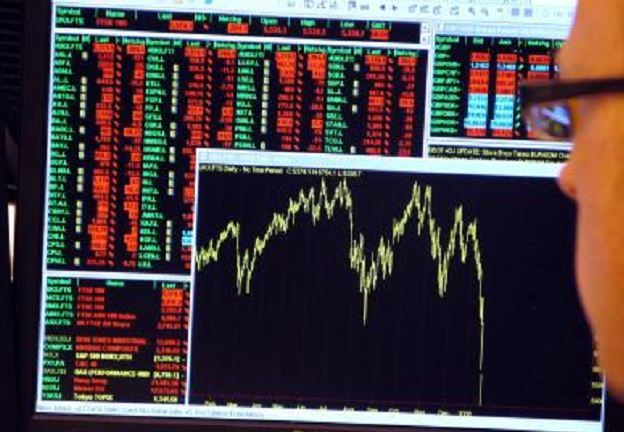
Royal Dutch Shell has splashed out £47 billion for Britain’s BG Group in a move that could trigger a round of mega-mergers across the industry.
Shell’s swoop for BG, which is due to complete early next year, is the biggest takeover in the sector since US firm Exxon’s purchase of Mobil in 1998.
It boosts Shell’s oil and gas reserves by 25% and its production by 20% and comes at a time when the industry is looking to become more efficient and reduce costs in the face of the recent slide in energy prices.
BG Group, which employs about 5,200 staff in 24 countries, is seen as attractive to Shell because of its growth projects in Brazil and Australia.
The natural gas producer was created in 1997 when British Gas demerged into two separately-listed companies, with Centrica having responsibility for the retail side of the business.
Private investors account for 7% of its shareholder base, with many still owning shares from the British Gas ’Tell Sid’ privatisation in 1986.
Shell said the combination created a more competitive, stronger company for both sets of shareholders “in today’s volatile oil price world”.
Chief executive Ben van Beurden added: “Bold, strategic moves shape our industry. BG and Shell are a great fit. This transaction fits with our strategy and our read on the industry landscape around us.”
Today’s proposed acquisition would create the largest company in the FTSE 100 and the second largest oil and gas company in the world behind Exxon.
Warwick Business School’s Christian Stadler, who has researched and worked with Shell for the last 15 years, believes the Shell acquisition could be the opening shot in a new wave of mega-mergers.
He said: “Quite a few oil companies are under cost pressure with no sense of the oil price recovering. Companies had got used to 100 US dollar a barrel, and many need 40 to 60 US dollars to break even.”
BP shares were 3% higher amid speculation over future deals, including the possibility that a rival of Shell may attempt to disrupt the BG takeover.
Shell’s complex Anglo Dutch shareholding structure meant it missed out on the wave of mega-mergers in the industry in the late 1990s.
Dr Stadler added: “Mobil for example would have been a perfect fit but ended up in the arms of Exxon because of this. This time round Shell has no such issue, being a normal UK plc.”
He said: “BG would fit well with Shell’s portfolio. Shell has a very good track record in offshore oil and gas fields, and BG will help them solidify this area. Also its replacement ratio – that is the amount of oil fields Shell has lined up to replace the oil it is producing – has not been very good.
“Acquiring BG will help it do this and although Shell is one of the most globalised companies around it will help it expand into East Africa and increase its Brazil operations.”
The proposed cash and shares deal will leave BG shareholders owning about 19% of the combined company.
The addition of BG will provide Shell with stronger positions in new projects, particularly in Australian liquefied natural gas (LNG) and oil production in offshore Brazil.
The deal will generate cost synergies of 2.5 billion US dollars (£1.7 billion) a year as well as present other “further significant opportunities”.
Reading-based BG’s shares jumped by more than a third today, returning the FTSE 100 Index stock to a level last seen at the start of 2014.
Its shares have fallen in line with oil prices and after it slashed production targets due to continued problems in Egypt, where too much of its gas has been diverted into the domestic market instead of being exported.
Richard Hunter, head of equities at Hargreaves Lansdown Stockbrokers, said: “Whether precipitated by the falling oil price or BG’s more recent production woes, Shell has acted opportunistically, as it previously implied it might if the occasion arose.”
Recommended for you
